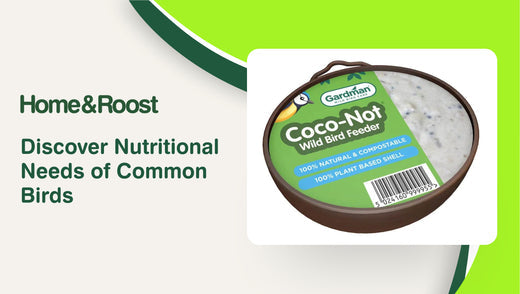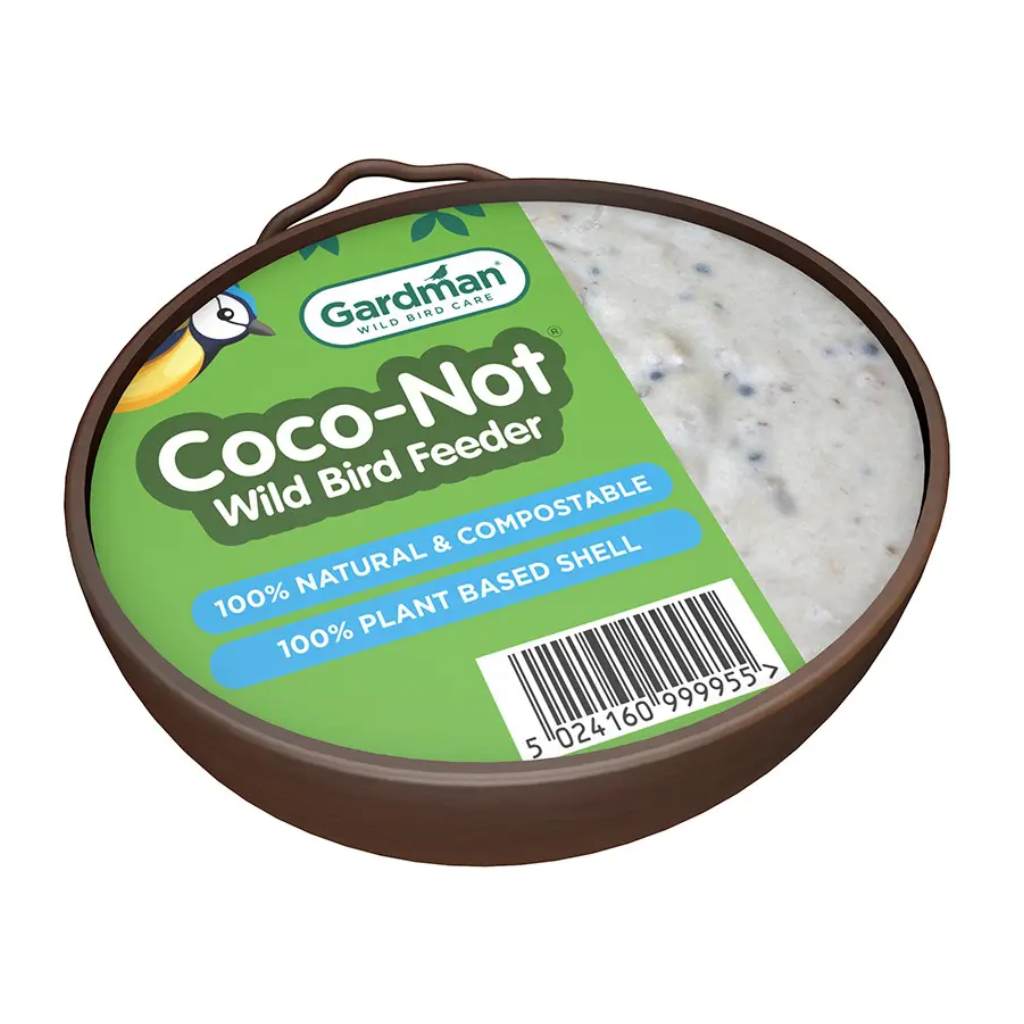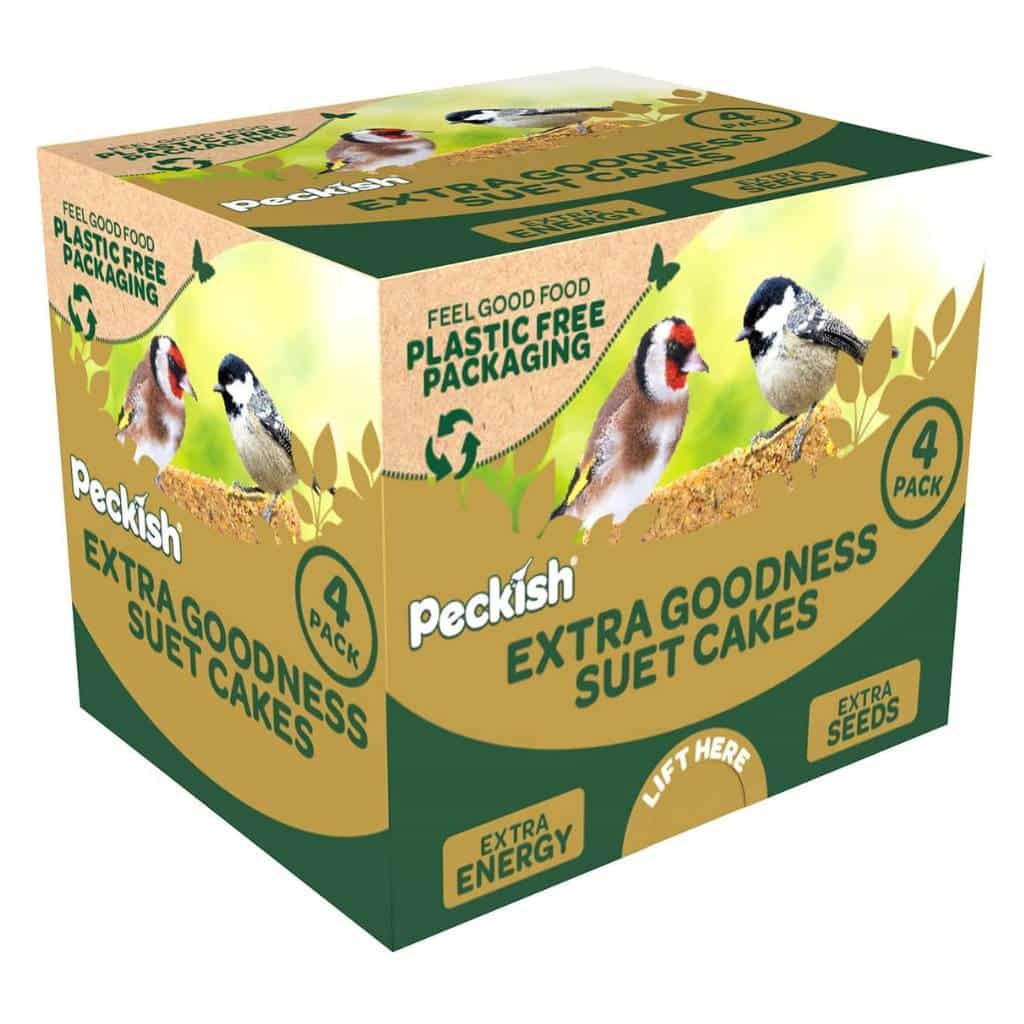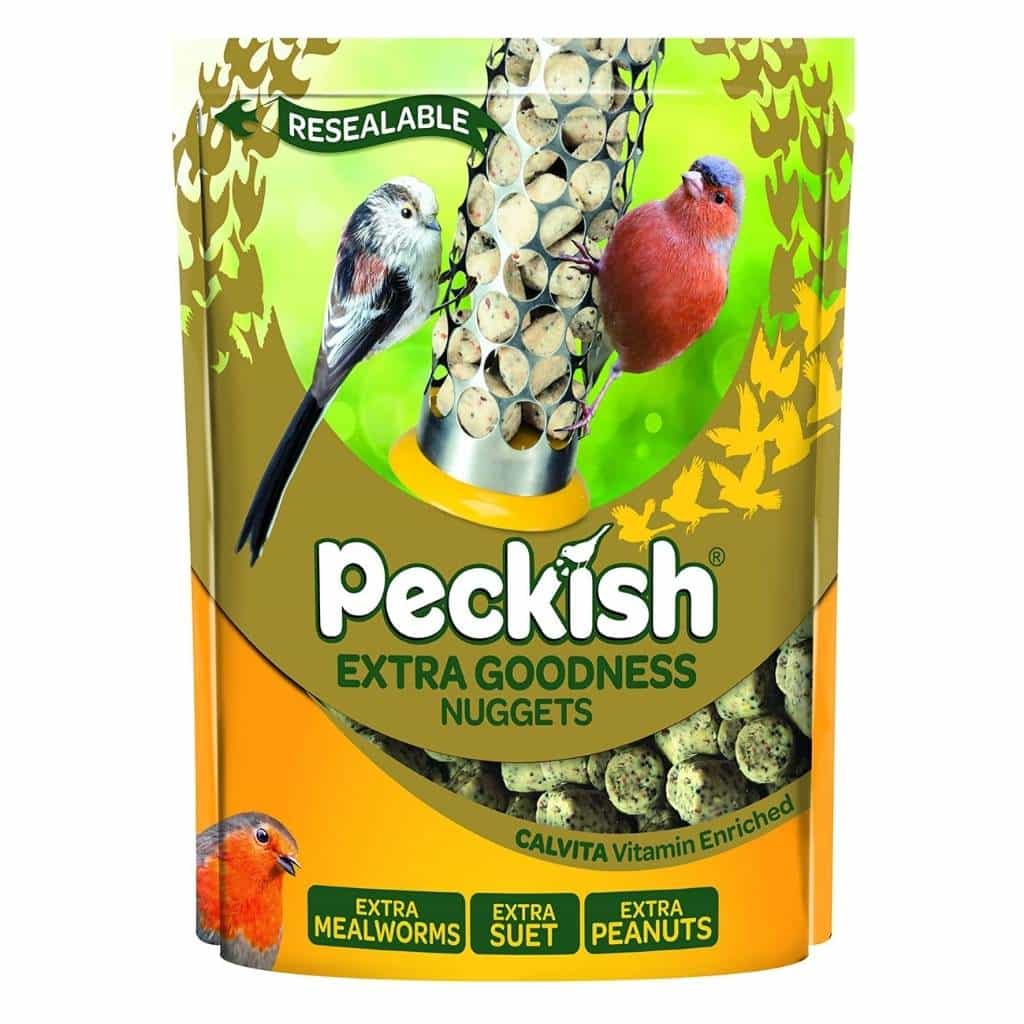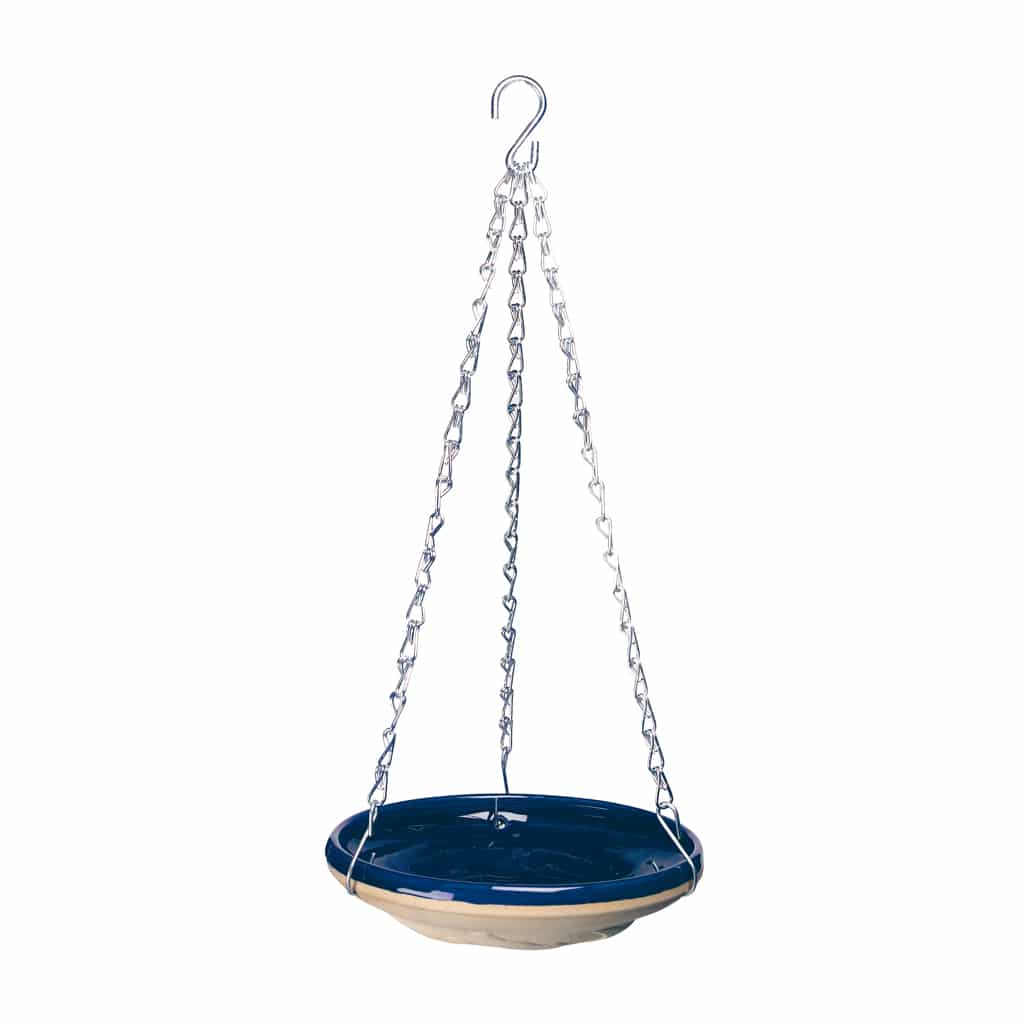What You Need to Know
- Improper feeding is the leading cause of disease and death in pet birds, accounting for 80-90% of bird diseases.
- Birds require a balanced diet rich in essential nutrients, including proteins, carbohydrates, lipids, vitamins, and minerals.
- Water is the most critical nutrient, with a mere 10% loss leading to severe health issues.
- Seasonal changes in food availability necessitate adjustments in bird feeding practices.
Did you know that improper feeding is the chief cause of disease and death in pet birds? A staggering 80-90% of bird diseases are linked to inadequate diets. This statistic underscores the critical importance of understanding proper nutrition for avian health and well-being. Birds, like us, require a balanced diet to thrive. This article explores their nutritional needs in detail, highlighting the essential nutrients that support their health and longevity.
Essential Nutrients for Birds
Birds need a variety of nutrients to stay healthy. They require 22 different amino acids, 10 of which must come from their diet. Water is the most crucial nutrient; losing just 10% of body water can lead to severe illness or even death. It's important to provide birds with fresh water every day to meet their hydration needs. Home and Roost offers a variety of bird feeding equipment that caters to the specific dietary requirements of different bird species. Ensuring that birds receive the right food tailored to their needs is essential for their overall well-being.
Proteins and Amino Acids in Bird Nutrition
Protein is crucial for a bird’s diet, with requirements varying by species and life stage. Young birds and egg-laying hens have higher protein needs, with growing chicks needing 25-30% of their diet to consist of protein. Providing a rich source of protein is essential for their growth and reproductive success. Products like Peckish Extra Goodness Nuggets are formulated with nutritious ingredients that help sustain birds for longer periods, especially during breeding seasons when their nutritional demands peak.
Carbohydrates and Energy Sources for Birds
Carbohydrates are vital energy sources for birds, with starch being the primary usable form. Some nectar-feeding birds can consume up to twice their body weight in nectar daily, relying on these carbohydrates for immediate energy. This highlights the importance of providing energy-rich foods for active birds. Home and Roost’s selection of mixed corn for birds and other seed mixes is designed to meet the energy demands of various bird species. Ensuring that birds have adequate energy sources can significantly impact their activity levels and overall health.
Lipids and Essential Fatty Acids
Lipids provide concentrated energy and are essential for the absorption of fat-soluble vitamins. Birds can increase their body weight by up to 50% in fat before migration, emphasizing the importance of including fat sources in their diet. Healthy fats are particularly important during periods of high energy expenditure. Home and Roost’s offerings, such as high-energy suet cakes and nuggets, supply essential fats for birds during critical times like migration. These products ensure birds have the energy reserves needed for long journeys.
Vitamins and Their Importance
Essential vitamins such as A, D, E, and K are vital for a bird's health. A common deficiency, especially in vitamin A, can cause serious health issues. Many bird species depend on sunlight exposure to synthesize vitamin D, making outdoor access or appropriate lighting for indoor birds crucial. Home and Roost's bird food products are fortified with essential vitamins, ensuring birds receive the nutrients necessary for optimal health. Products like vitamin-enriched bird seed support the overall well-being of birds.
Minerals: Macro and Micro Nutrients
Minerals are essential for various bodily functions in birds. Calcium, required in the largest amounts, plays a key role in bone mineralization and eggshell formation. Macro-minerals are needed in larger quantities, while micro-minerals are required in trace amounts. A balanced intake of both types is vital for maintaining health. Home and Roost provides mineral-rich food options for birds, ensuring they receive adequate nutrition. Products like mineral-enriched bird nuggets are designed to support the dietary needs of birds, contributing to their health and vitality.
Water: The Most Critical Nutrient
Water is undeniably the most critical nutrient for birds. A loss of just 10% of body water can lead to serious health consequences and even death. Birds must have constant access to fresh and clean drinking water to maintain hydration. Providing water sources is essential for their health. Home and Roost offers various solutions such as bird baths and water dispensers to help garden birds stay hydrated. Providing these resources can significantly enhance the welfare of birds in your area.
Seasonal Changes in Bird Nutrition
Birds often adapt their diets based on seasonal changes, sometimes increasing their body weight by up to 50% in fat before migration. The seasonal migrations of wild birds in temperate zones are typically driven by variations in day length. This natural rhythm highlights the importance of adjusting feeding practices according to the season. Home and Roost provides year-round feeding solutions, ensuring garden birds access the appropriate nutrition throughout the changing seasons. By offering a diverse range of feed tailored to different times of the year, you can support the health and well-being of local bird populations.
FAQ
1. What should I feed my pet bird?
Feeding your pet bird a balanced diet is crucial. Look for products that are specifically formulated for your bird's species. Seeds, pellets, and fresh fruits and vegetables should be included in their diet.
2. How often should I change my bird's water?
It's essential to change your bird's water daily. Birds need constant access to clean water to stay hydrated and healthy.
3. Can I feed birds during winter?
Yes, feeding birds during winter is beneficial. Birds may struggle to find food sources when snow covers the ground. Providing bird feeders stocked with high-energy foods can support their survival during colder months.
Conclusion
Understanding and meeting the nutritional needs of birds is crucial for their survival and well-being. With improper feeding accounting for 80-90% of bird diseases, it's clear that providing the right balance of proteins, carbohydrates, lipids, vitamins, and minerals isn't just beneficial – it's essential. Water remains the most critical nutrient, with even a small deficiency potentially leading to severe health issues. By recognizing these fundamental nutritional requirements, we can better support both wild and pet birds in maintaining their health through all seasons.
From supporting migrating birds that need extra fat reserves to providing year-round access to fresh water and appropriate food sources, proper nutrition plays a vital role in avian health. As seasonal changes affect food availability and birds' nutritional needs fluctuate throughout their life cycles, maintaining a consistent and appropriate feeding regime becomes even more important. Whether you're caring for pet birds or supporting wild birds in your garden, understanding and providing for their nutritional needs helps ensure these remarkable creatures can thrive and maintain their important roles in our ecosystems.

